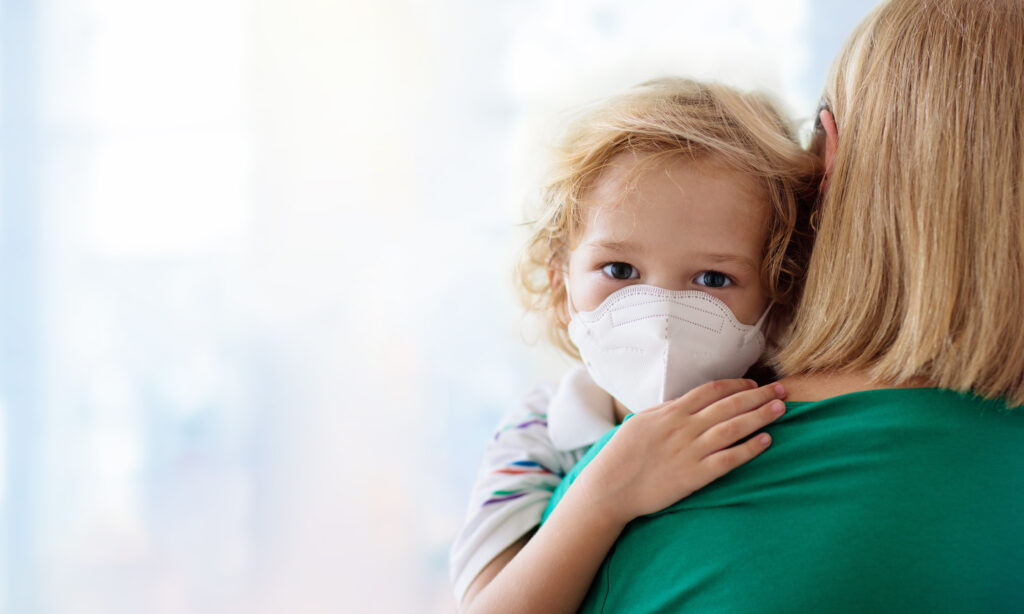Because we’re back in flu season, doctor offices and our nurse triage lines have received an uptick in callers who are confused and worried about whether their children have contracted COVID or influenza. Their concerns are understandable, especially when there aren’t many differences in symptoms between COVID and flu, and both follow similar treatment. Masks and social distancing last year saw a historically low flu percentage, which is now likely to go back up due to eased restrictions. Here are tips that triage nurses should keep in mind when addressing this patient age group specifically.
Caller reassurance
It can help to reassure parents that if their child has COVID, it does not automatically mean they’ll go to the ICU for a hospital stay. While the main recommendation will continue to be to get a COVID test to know for certain, triage nurses must still continue to follow established Schmitt-Thompson protocols for addressing the severity of all patient symptoms and arriving at the most appropriate disposition for care. If home care is the best option, nurses can still make sure to reassure parents by asking, “What have you done when your child has had a cold before?” before including that information in their plan for the night.
Protocols
Schmitt-Thompson protocols have been updated to reflect COVID symptoms and home care options that parents can use. They include:
- Putting a humidifier in the bedroom.
- Using nasal suction.
- Administering honey at bedtime (if older than 1 year).
- Checking temperatures twice a day.
- Knowing the Tylenol / Motrin dose for their child’s weight.
- Staying home, but not necessarily isolating from each other.
“Call back if…”
Above all else, it’s important to speak with parents about what to do if their child’s symptoms worsen. These “call back if” instructions are part of the 10 Critical Steps to Nurse Triage and should be followed regardless of the reason for the patient’s call. Particularly when it comes to COVID, anxiety for parents can be made worse if they are not aware of the actions they should take or the symptoms they should watch for.
The two biggest symptom changes to be aware of are:
- Breathing that becomes more difficult with nasal flaring, ribs that are more visible than normal, belly breathing, and/or grunting.
- Fatigue and lethargy where the child doesn’t respond like normal or wake up like normal when roused.
Especially when considering the sensitive nature of the pandemic, it’s incumbent upon all triage nurses to be the steady voice of reassurance and calm that callers can trust to guide them to the most appropriate level of care. That includes a combination of avoiding internal assumptions that nurses may have about their callers or patients, as well as mitigating any difficult behavior that callers may exhibit due to anxiety or frustration. Both skills are factored into our own training, which our triage nurses learn and apply through 24/7 call center support to doctors’ offices, hospitals, and medical clinics across the country. If your team needs assistance with its own telephone triage efforts this flu season, please contact us to learn more.
About TriageLogic®
TriageLogic is a URAC-accredited, physician-led provider of top-quality nurse telehealth technology, remote patient monitoring, and medical call center solutions, all for the purpose of encouraging positive patient behavior and improving access to healthcare. Founded in 2007, the TriageLogic Group now serves more than 9,000 physicians and covers over 25 million lives nationwide.






